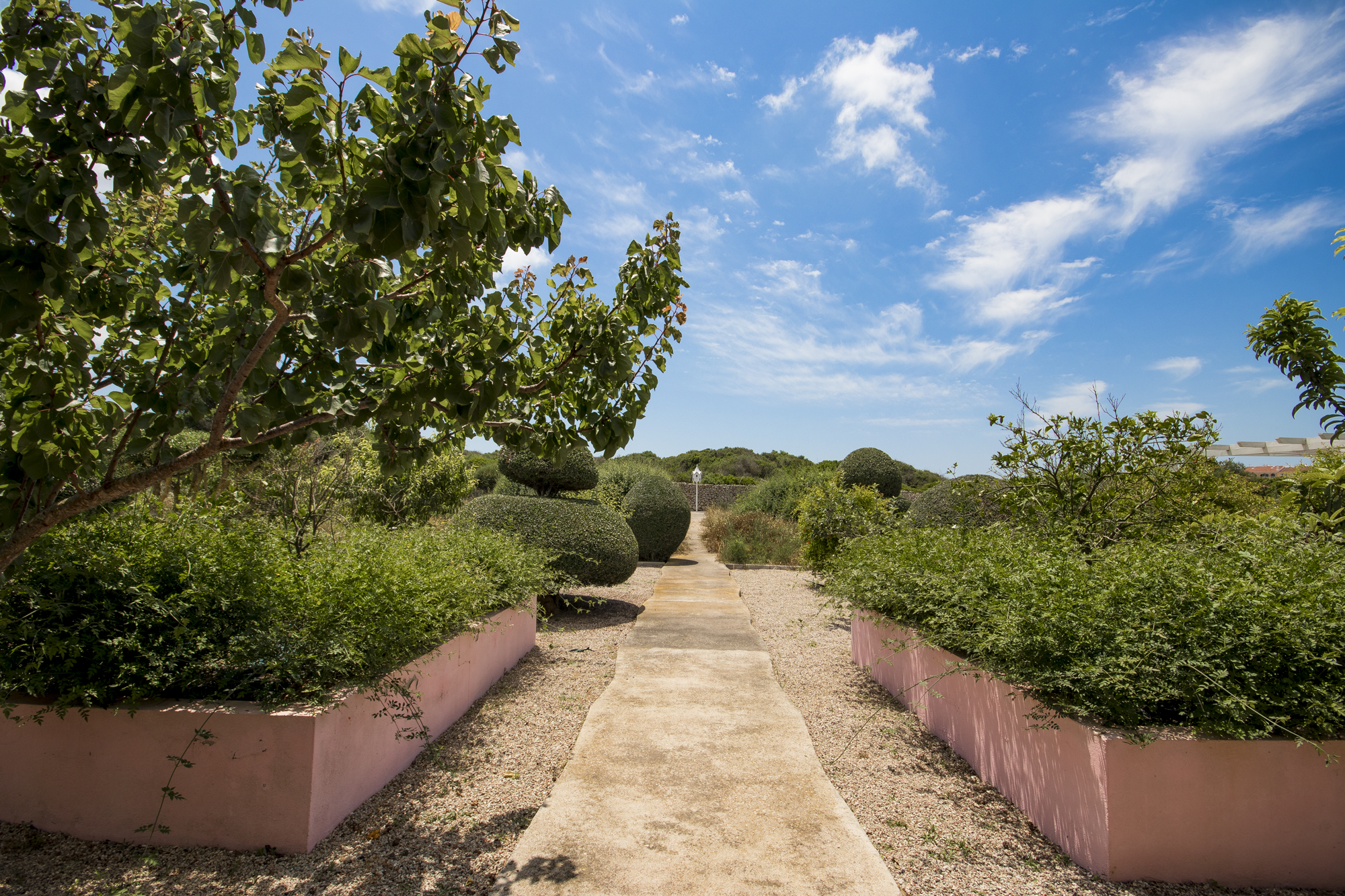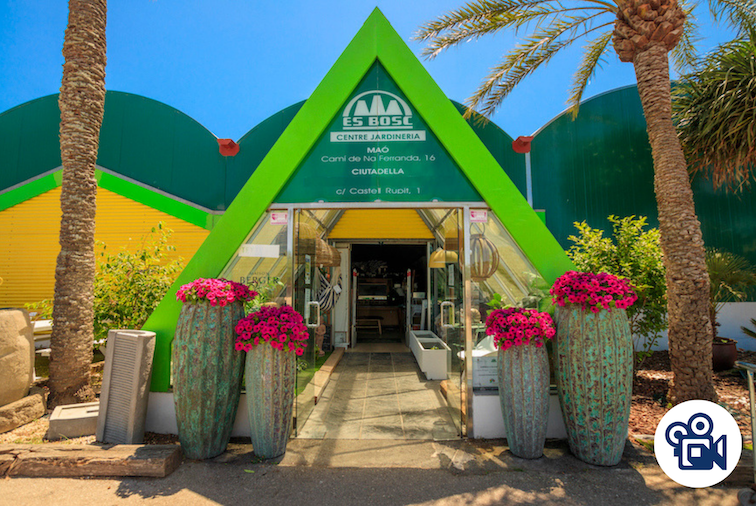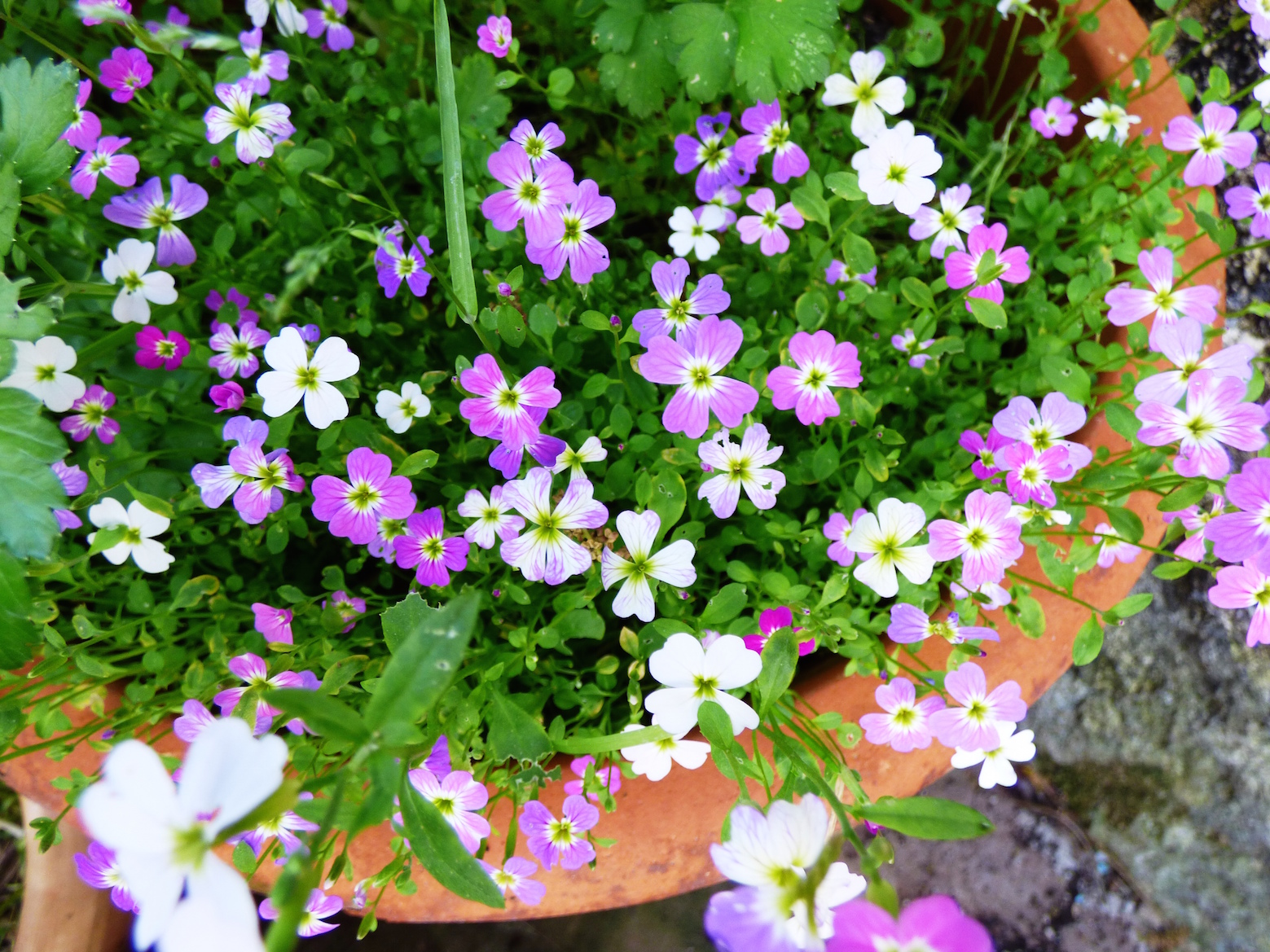The garden is one of the places in the house that we love spending time in. It is a great way to relax and enjoy the outdoors. Also, it can be a great place to entertain guests. The hot weather can take its toll on plants, leaving them wilted, yellowed, and dried out. But don’t despair! With a little care and attention, you can revive your garden and get it back into shape. Also, check out our tips on how to prepare your garden for winter.
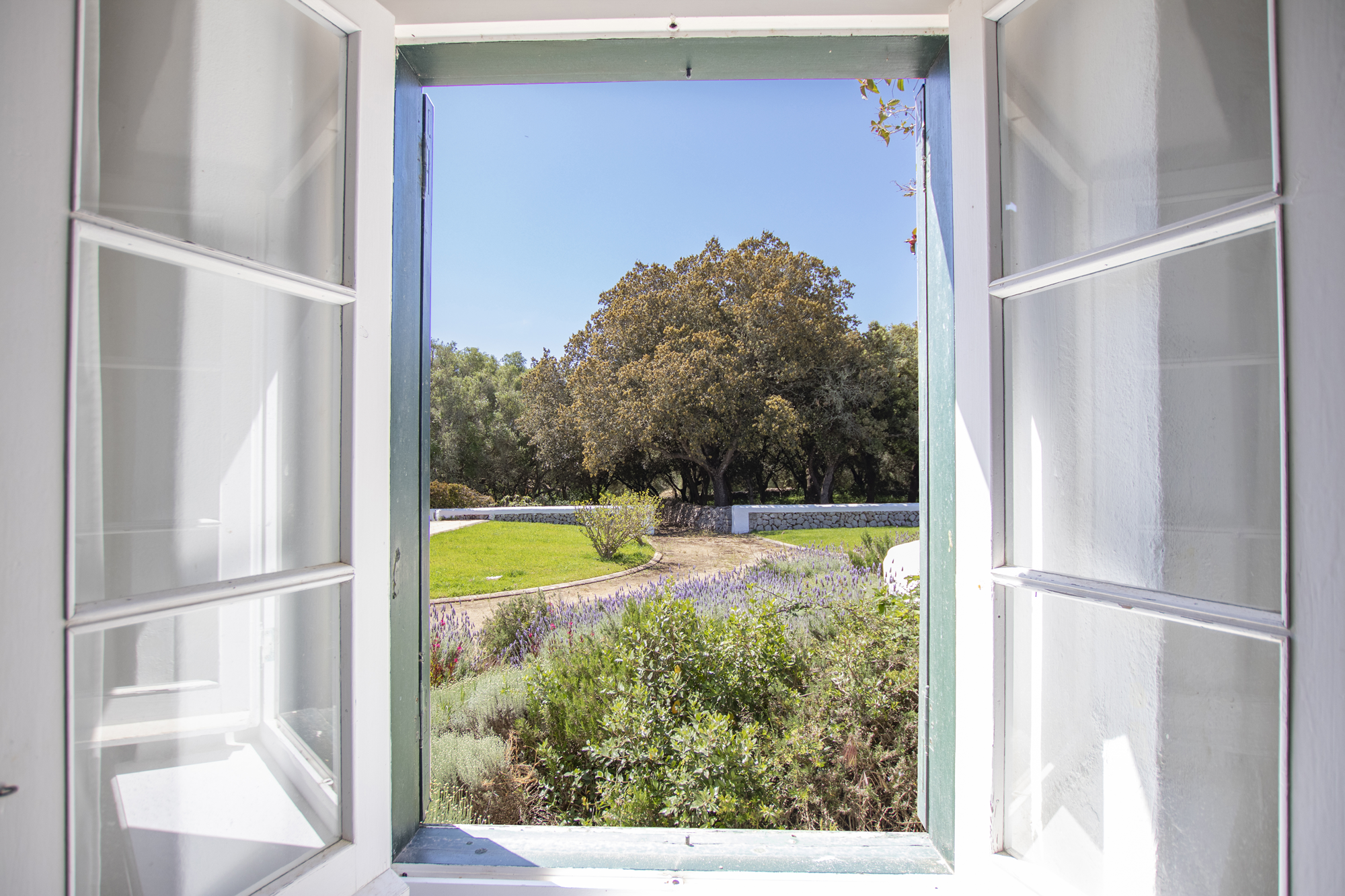
Here are some tips on how to revive your garden after a hot summer:
- Water deeply and regularly. One of the most important things you can do to revive your garden is to water it deeply and regularly. This will help promote deep root growth, which will in turn help your plants withstand drought conditions better.
- Mulch heavily. Mulching helps conserve moisture in the soil and can also help protect plants from extreme heat and cold.
- Fertilize with compost or manure. Compost or manure will add much-needed nutrients back into the soil, helping your plants to recover from the stress of summer heat.
- Prune dead or damaged branches. Pruning helps encourage new growth and can also help prevent disease.
- Plant new annuals and perennials. Adding new plants to your garden will give it a fresh start and help fill in any gaps left by summer damage.
- Re-seed your lawn. If your lawn has seen better days, now is the time to re-seed it. Fall is the best time to seed a lawn, so get started now and you’ll have a beautiful green lawn in no time.
- Take care of pests and diseases. Pests and diseases can wreak havoc on your garden, so be sure to take care of them as soon as you notice them.

10 Things you should never do to your garden
Just as there are things you should do to revive your garden after a hot summer, there are also things you should avoid doing. Here are 10 things you should never do to your garden:
- Don’t overwater. Overwatering can suffocate plants and encourage fungal diseases. Also, water in the morning so that the leaves have time to dry before nightfall.
- Don’t neglect to mulch. Mulching helps conserve moisture and keeps roots cooler in the summer heat.
- Don’t use too much fertilizer. Too much fertilizer can burn plants, so only use as directed on the package.
- Don’t pull up weeds by the root because they will regrow naturally. Instead, smother them with mulch or a thick layer of newspaper.
- Don’t cut the grass too short. Cutting grass too short weakens the roots and makes it more susceptible to disease and pests.
- Don’t leave garden tools out in the rain. Garden tools can rust if they’re left out in the rain, so be sure to store them in a dry place.
- Don’t forget to deadhead flowers. Deadheading helps encourage new growth and prolongs the blooming period.
- Don’t plant too close together. Planting too close together can crowd plants and compete for resources like sunlight, water, and nutrients.
- Don’t use chemical pesticides. Chemical pesticides can harm beneficial insects, pollute the soil, and even pose a health risk to humans and animals. Instead, opt for organic methods of pest control.
- Don’t forget to take care of your own needs! gardening can be therapeutic, but it’s important to take breaks when you need them. Make sure to stay hydrated and take breaks in the shade when it’s hot outside.
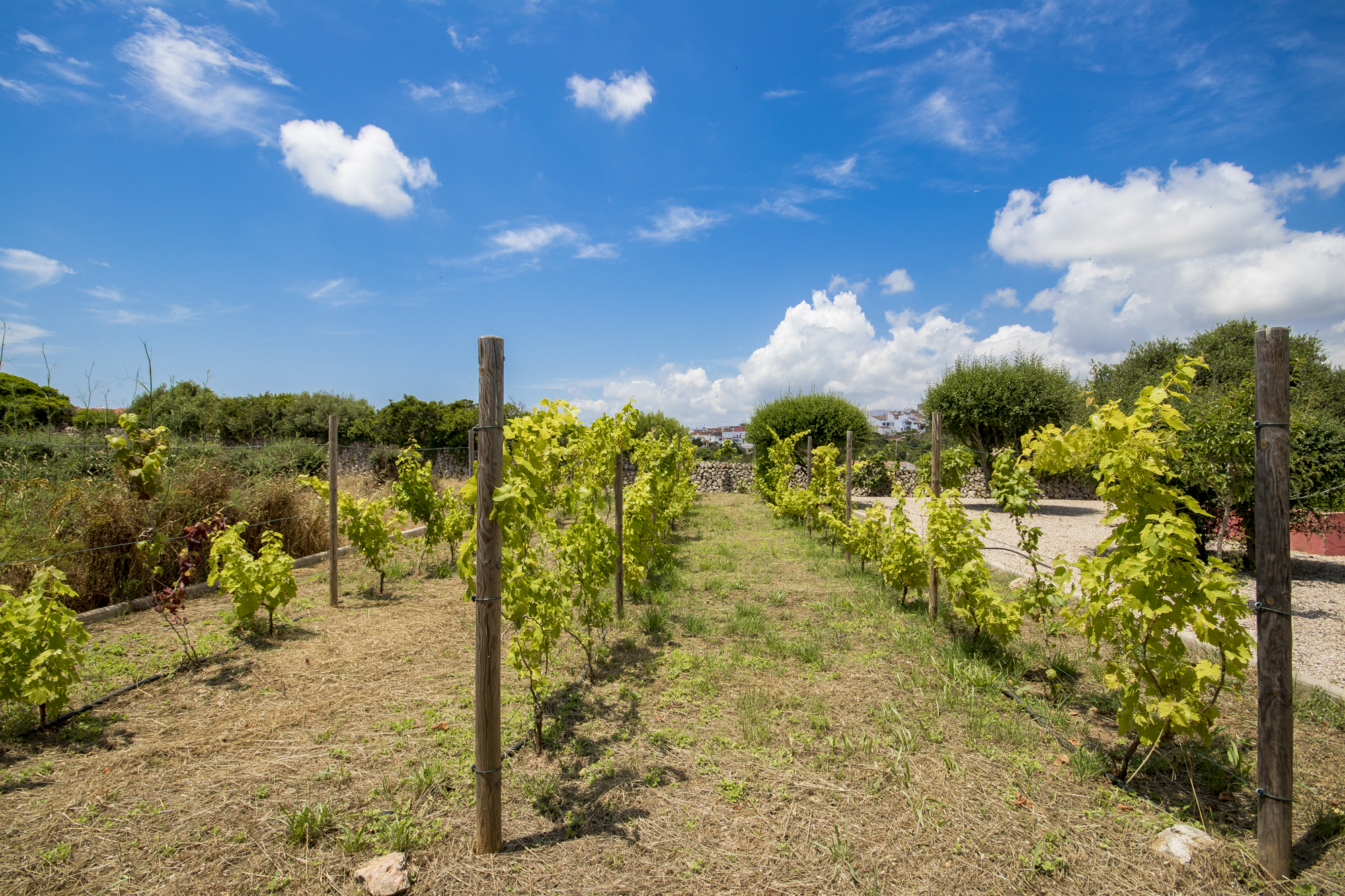
So, there you have it! Our tips on how to revive your garden after a hot summer. By following these tips, you can get your garden back into shape in no time. Just remember to take things slowly and be patient – your garden will thank you for it!
